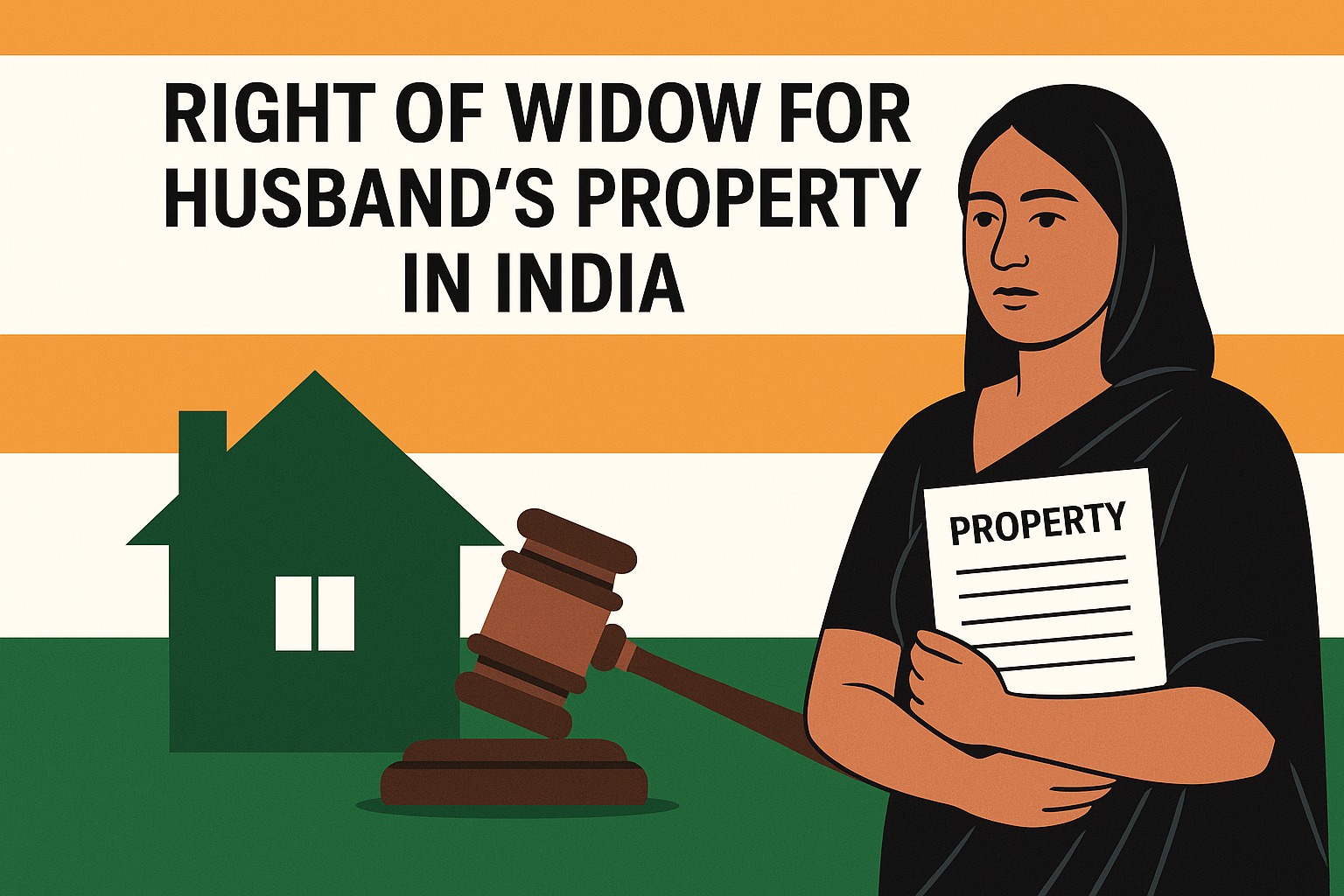@JUDGMENTTAG-ORDER
N.J. Pandya, J.@mdashThe widow and other dependants of the deceased workman approached the Commissioner for Workmen''s Compensation for grant of compensation in respect of the death of one Antonio Esteves who was working as Captain of the barge belonging to the respondent No. 1. At the relevant time he was on the barge and according to the claimants/appellants, while he was in the course of inspecting the barge he slipped off into the river and drowned.
2. The respondent has taken the defence of slipping off the barge not being arisen out of the course of duty, but as a result of the habit of drunkenness which, according to the employer, the deceased had.
3. The learned Commissioner, after considering the evidence, led before him relying upon the doctrine of proof beyond reasonable doubt rejected the claim. Apparently, the Commissioner misdirected himself as to the principle of evidence and the degree of proof required in matters tike this.
4. Compensation matters are always civil matter and like all civil matters they are to be decided on the basis of preponderance of probability.
5. That apart, this being a case under the Workmen''s Compensation Act when the fact of the deceased being on duty is not denied, the claimants will have no further information with them as to the actual occurrence of the incident, it will be within the special knowledge of the employer and, on the contrary, the burden should have been heavily cast on them to prove the defence taken by them.
6. So far as the defence of drunkenness is concerned, the learned Advocate Mrs. Agni, appearing for the appellants relying upon the provisions of section 3 of the Workmen''s Compensation Act, 1923 urged that this defence is not available because as per the said section the defence of drunkenness can be raised only in case of personal injury. We disagree with her. The said provision as contained in section 3, sub-section (1), Clause (b)(i) is applicability of the Act itself. The Act being not applicable in a given set of circumstances is one thing and actual defence raised by the employer on the basis of the material that may be relied upon including that of drunkenness is altogether a different thing. It is not the claim of the defendant/employer that the Act does not apply. Their defence is that the incident of drowning has not occurred in the course of employment nor can it be said to be arising out of employment.
7. The learned Commissioner has noted the fact that according to the witness of the claimants, the deceased who had gone on land, while returning to the barge, at about 6.00 p.m. or so, had not taken any drink and was as sober as he could be. When he came back on the barge and admittedly when he was on duty, if the plea of drunkenness is to be proved, the defendants/employer had to lead evidence in that behalf. The evidence on the said point, if at all there be any, is hardly worth mentioning. In fact in the deposition of Inacio Fernandes in the examination-in-chief itself it comes that at about 7.30 p.m. deceased came on the barge with one Mr. Braganza. The witness himself went out for about 15 minutes and on return was told by Mr. Braganza to call the captain that is the deceased for dinner. The witness went to call him and did not find him in the cabin.
8. The defence of drunkenness therefore is not believable because within a very short span of time of the witness having seen the deceased without consuming any liquor is missing, one has to hold that the defence sought to be raised on the earlier conduct of the deceased has fallen for want of proof.
9. Once this aspect is taken into consideration, obviously the case of the claimants that the deceased was on duty and died in the course of drowning has been made out. This will be the position if the correct standard of approach is applied namely of preponderance of probability.
10. This takes us to the question of working out the compensation. His salary was more than Rs. 1000/- per month. As per section 4, sub-section (1), Explanation II below Clause(b) where the monthly wages of a workman exceed one thousand rupees, his monthly wages for this basis shall have to be deemed to be one thousand rupees.
11. As per Clause(a) of sub-section (1) of section 4, an amount equal to forty per cent of the monthly wages of the deceased workman multiplied by the relevant factor as given in the Schedule has to be applied. In the instant case the factor applicable will be Rs. 156.47 since the deceased was 49 years of age. Worked on this basis, the figure comes to Rs. 62,588/-. This is the amount of compensation which the claimants are entitled to get. The claimants are also entitled to get the interest as per section 4-A sub-section (3) at the rate prescribed therein namely six per cent per annum on the date of occurrence of the incident till realisation. The date of the incident is 31st August, 1987.
12. There is also a submission made on behalf of the appellants that the respondent/ employer be saddled with penalty as provided under sub-section (3) of section 4-A. In our opinion, looking to the defence which is posed largely on the conduct of the deceased, the delay cannot be said to be unjustified. The defence available to them as per the facts and circumstances of the case was raised by the defendant/employer. It is immaterial that they could not prove the same. The claimants themselves are very mindful of the said habit of the deceased because each of the witnesses examined on their behalf have taken care to depose that the deceased at about the time of the incident was without any alcohol in his body. They have taken care to depose that they did not smell any alcohol nor did they see him consuming any alcohol. The said penalty is therefore rejected.
13. Before we part with the matter, we would like to refer to a decision which was cited before us on behalf of the respondent. This is a decision given by Court of Appeal in Bender v. Owners of Steamship Zent 1909(2) KBD 41. This decision is based on the principles governing the case of compensation in England at the time of the occurrence of the incident which occurred on a sea going vessel which was on its journey from Manchester to Costa Rica on 17th May, 1908. The deceased Chief Cook of the ship lost his life and the question of compensation was decided.
14. Referring to the principle of standard of proof as prevalent then, their Lordships rejected the claim in appeal which was granted by the learned Judge County Court. This is not the position here and we therefore do not discuss this judgment any further as it does not help the respondent.
15. The net result therefore is that the appeal succeeds. The application for compensation stands allowed. The amount of compensation payable to the appellants/ claimants is Rs. 62,588/- with interest at the rate of 6% per annum from the date of the incident namely 31st August, 1987 till realisation.
16. The respondent is directed to deposit the amount within 12 weeks from today in Court of Commissioner of Workmen''s Compensation. On the amount being so deposited, the learned Commissioner shall proceed to disburse the same in accordance with law. The appellants are entitled to costs throughout.
17. Appeal succeed.

